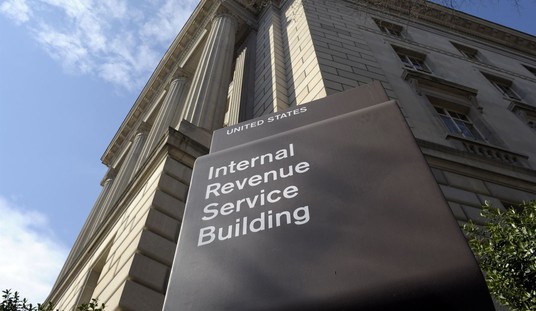A federal judge has issued another ruling blocking President Donald Trump’s executive order limiting birthright citizenship.
US District Judge Joseph Laplante in New Hampshire issued a nationwide order stopping the enforcement of the order even after the US Supreme Court placed restrictions on the ability of federal judges to issue nationwide injunctions, according to Reuters.
Laplante’s ruling comes after ten immigrant rights advocates requested that he grant class action status to a lawsuit representing any babies affected by Trump’s order, which applies to children born after February 19, 2025. The judge agreed to their request, which allowed him to block the order.
Back in February, US District Judge Deborah Boardman extended a 14-day injunction on the executive order that had been previously issued by a Seattle judge. She insisted that “virtually every baby born on US soil is a US citizen upon birth” and that this is “the law and tradition of our country.”
🚨 BREAKING: District judge BLOCKS President Trump’s order ending birthright citizenship for illegal aliens.
— Eric Daugherty (@EricLDaugh) July 10, 2025
This needs to get to the Supreme Court ASAP.
Illegal aliens have NO RIGHT to come here illegally to anchor themselves here. DEPORT THEM ALL! pic.twitter.com/sq4cD6xV8B
Several civil rights groups have challenged the order, arguing that the president does not have the authority to unilaterally alter immigration policy, especially when it concerns birthright citizenship.
Recommended
🚨 President Trump signs an Executive Order clarifying the definition of birthright citizenship under the 14th amendment pic.twitter.com/Tb50A0e2is
— Trump War Room (@TrumpWarRoom) January 21, 2025
The Supreme Court ruled against nationwide injunctions, but it did allow for class-action lawsuits that might have a similar impact. Another judge recently used this loophole to stop the Department of Homeland Security (DHS) from cutting short Temporary Protected Status (TPS) for over 500,000 Haitian migrants.
Despite the Supreme Court's ruling, it is clear that those opposing Trump's policies still have a way to stop them at the national level if they apply to a certain class of people. Shortly after the high court's ruling, which also involved the executive order, the plaintiffs in that case began a class-action lawsuit against the administration.
In the end, it will likely be the Supreme Court that settles the debate over Trump's birthright citizenship policy.


